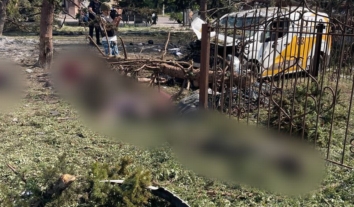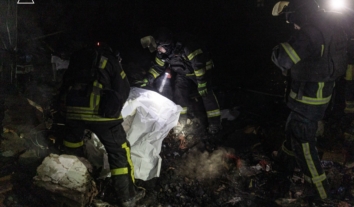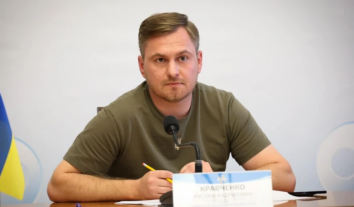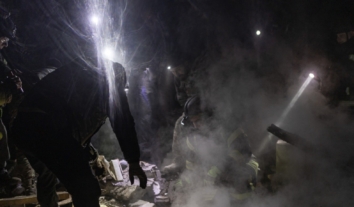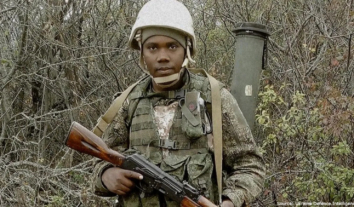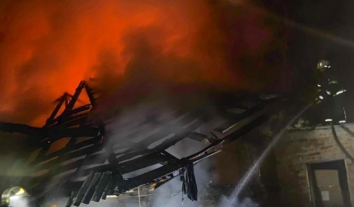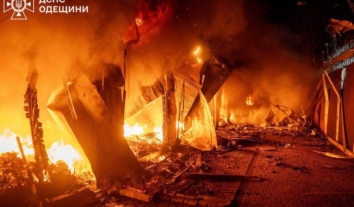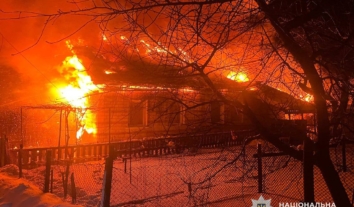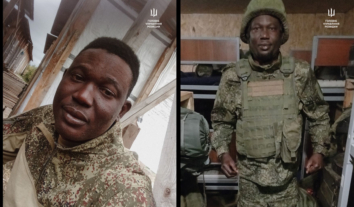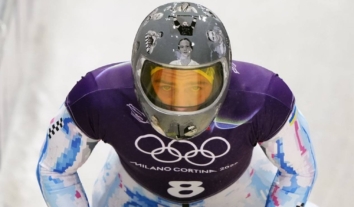In Crimea, the occupiers arrested 26 locals for Ukrainian symbols over the year
Over the past 12 months, the Russian occupiers have imposed administrative detention on 26 Crimeans for demonstrating Ukrainian symbols.
This is stated in a research on the persecution of residents with a pro-Ukrainian position on the peninsula by the NGO Crimean Process.
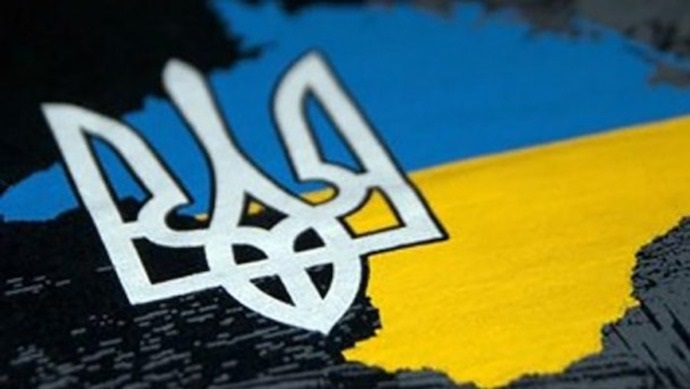 Source: Crimean Tatar Resource Centre
Source: Crimean Tatar Resource CentreIn total, from June 2023 to June 2024, the experts of the organisation verified 59 cases of prosecution of Crimeans under the norms of the Russian Federation’s so called “anti-extremist laws” for demonstrating pro-Ukrainian views.
In 45% of these cases, the occupiers additionally prosecuted the defendants for so called “discrediting” the Russian army, hooliganism, violating migration laws, and also applied humiliating “video apology” procedures.
The Crimean Process experts stressed that the occupation courts in Crimea mostly do not use the regulatory framework on Nazi symbols that was introduced into Russian legislation in early 2024, but rely on “anti-extremist” legislation in their decisions. It is characterised by a lack of clear criteria and an almost complete absence of descriptions of extremist symbols related to Ukraine.
The most common practice in cases involving support for Ukraine is to establish the fact of publication of Ukrainian symbols that are associated with a particular organisation that has been declared as extremist by the Russian authorities. The conclusions on the basis of which such a decision was made are not published, nor is the name of the expert who made them.
Sometimes the “court” determines at its own discretion whether certain attributes belong to a particular organisation, even without relying on the opinion of experts in its conclusions.
Sometimes, the experts are officers of the Centre for Combating Extremism or even strangers who the court takes explanations from.
Thus, in the case against Dinar Abduraimov, the officer independently issued a certificate stating that the found attributes were used by Ukrainian nationalists who collaborated with the Nazis. This certificate became a key piece of evidence to prove the man’s guilt. At the same time, even according to the position of the Constitutional Court of Russia, the materials of operational and investigative measures cannot be used as evidence.
“In addition, the courts often confuse banned (recognised as extremist) organisations with similar organisations, in respect of which the Russian authorities have not imposed any bans”, the human rights defenders said.
It is worth reminding that after the start of the full-scale Russian invasion of Ukraine, the Russian authorities introduced Article 20.3.3 of the Code of the Russian Federation on Administrative Offences, which deals with “discrediting” the Russian army. This refers to the dissemination of information about the Russian-Ukrainian war and the expression of any opinion that contradicts the Kremlin’s position. The occupiers also extend their legislation to the territory of Crimea.
According to Tamila Tasheva, the representative of the Mission of the President of Ukraine in the Autonomous Republic of Crimea, in 2023, every sixth punishment for “discrediting” the army in Russia and the occupied territories was recorded exactly in Crimea.
Earlier, ZMINA reported that almost half of the Crimeans persecuted by the occupiers for their solidarity with Ukraine are women.

